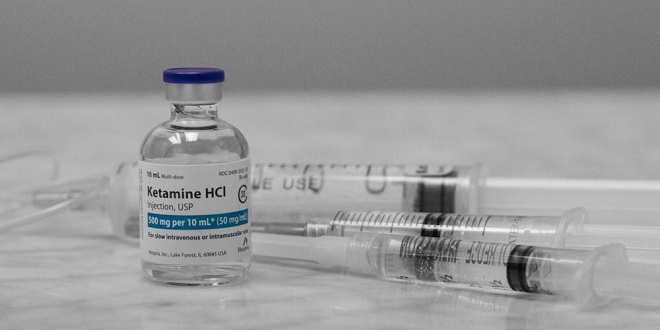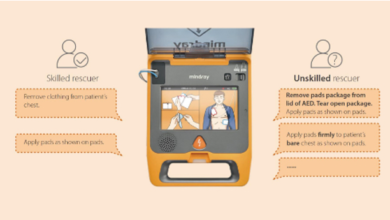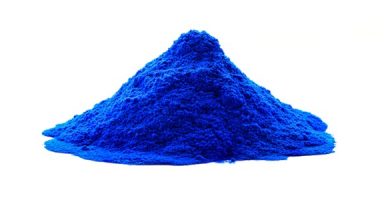How Often Should You Have a Ketamine Infusion?

Your doctor will determine how often you receive ketamine infusion treatments and what type of condition you have. The two-hour treatment timeframes for most ketamine treatment centers, such as Complete Ketamine Solutions of Hollywood are standard.
Six infusions were administered over several weeks. Maintenance infusions are given every three to five days.
One-hour low-dose infusion. These low-dose infusions are approximately 0.5 mg/kg/hr. Patients may adjust the dose according to their response.
Ketamine Infusion Therapy
Injecting ketamine intravenously in a steady, slow and controlled way can have a high therapeutic effect on the part of your brain that regulates mood and behavior. Although the mechanism of ketamine is still being studied, it has been shown to have a rapid effect on brain circuit function. This can cause depression symptoms to decrease within hours.
Also, Ketamine promotes a rapid increase in glutamate. This is a key neurotransmitter that helps to reestablish important neural connections and build new pathways in the brain. It can also help in restoring normal activity in areas that are suffering from depression.
Patients with persistent pain, anxiety, or post-traumatic stress disorder (PTSD) can get temporary and sustained relief from Ketamine.
Ketamine Infusion Protocol
The effects of ketamine don’t need to build up in the body. Most patients feel relief within a single infusion. However, ketamine is not able to cure depression by a single session. It is a controlled therapy which aims to improve brain function in order for patients to experience long-lasting symptom relief.
Six series of infusions are required for patients with TRD or other mood disorders. Each infusion should last between two and three weeks. This means that you will need to receive an infusion every day or every other day until the sixth one is completed.
Although many people feel better after their first ketamine injection, others don’t feel as good until they have had three. Some people don’t feel any meaningful relief until they have completed six sessions.
Ketamine Infusion Boosters
After your first ketamine treatment is completed, you should experience complete or near-total symptoms remission. This means that you won’t feel any depression effects on your moods and behavior. Next, you will need to determine how long you can remain in remission. Patients typically experience three months of complete relief before symptoms return slowly. These symptoms can be relieved with a booster injection.
The Benefits of Using Ketamine Infusion to Treat Depression
High Success Rate
Patients with MDD (major depression disorder) often get TRD (treatment-resistant depression). These patients are not able to take normal antidepressants and ketamine infusion therapy is their best option. A majority of patients with TRD experience relief after one infusion therapy. Others may require two or more infusions.
Quick-acting Relief
Patients with severe depression may need immediate treatment. Patients who take traditional antidepressants could be waiting for several weeks or even months before seeing meaningful results. Patients don’t need to wait so long for ketamine infusion therapy. The treatment involves increasing glutamate levels. It usually takes only a few minutes to achieve a satisfying result.
Low Side Effects
The infusion of ketamine is safe as it does not cause addiction. You will be monitored by licensed healthcare professionals after receiving a ketamine injection. This is done to determine if there are any side effects. Before ketamine treatment can begin, doctors often ask patients to disclose all details about their addiction history.
Psychological Healing
By activating the mammalian target of the rapamycin pathway, ketamine aids in improving brain’s synaptic connectivity. It also helps to heal the synapses that have been damaged. It is most common in brain sessions that are associated with memory, learning and emotional regulation. This helps to reduce depression and prepares patients for psychological healing. This can help patients build resilience and prevent depression from returning.
Pain Signal Blockage
Apart from treating mood disorders, ketamine is also effective in managing chronic pain and complex regional pain syndrome. These conditions occur when the brain sends more pain signals. Ketamine therapy is used to block excessive pain signals and help the body reset.
The effective treatment of mental health issues can be achieved with ketamine. However, professional supervision is recommended.



